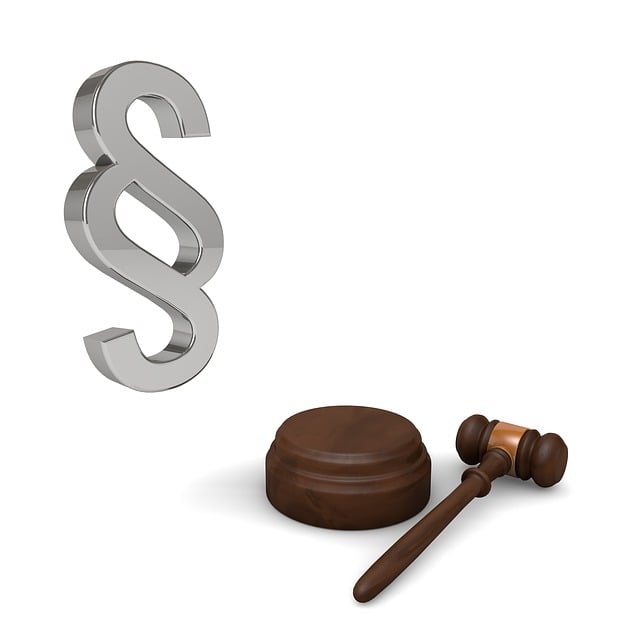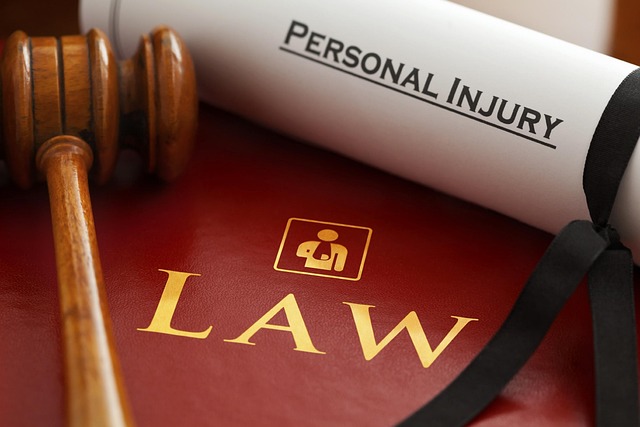Plea bargaining agreements in public corruption cases require a delicate balance between justice and consequences, fairness and transparency, aiming to protect the innocent and hold accountable those who have violated public trust. Ethical considerations are vital to ensure these agreements uphold the integrity of the legal system, prevent coercion, and safeguard defendants' rights. Reforming these agreements through clear guidelines, oversight, and public scrutiny is crucial for achieving accountability while mitigating biases in cases involving prominent figures from philanthropy and politics.
“Public Corruption Charges: Navigating Ethical Dilemmas and Legal Complexities in Plea Bargaining. This article delves into the intricate world of corruption prosecutions, focusing on plea bargaining strategies from a legal and ethical perspective. We explore how these agreements, while critical for judicial efficiency, present complex challenges ensuring fairness and transparency. From understanding the charges to evaluating their impact, we dissect key issues surrounding plea deals, highlighting the need for robust reforms in accounting for public integrity.”
- Understanding Public Corruption Charges: A Legal Perspective
- Ethical Dilemmas in Plea Bargaining Strategies
- Transparency and Fairness: Balancing Act in Negotiations
- Impact on Justice: When Agreements Go Wrong
- Reforming Practices: Ensuring Accountability in Plea Deals
Understanding Public Corruption Charges: A Legal Perspective

Public corruption charges are a complex web of legal and ethical considerations, particularly when it comes to plea bargaining agreements. From a legal perspective, these agreements play a pivotal role in navigating the intricate landscape of white-collar crime cases, which often involve corporate and individual clients alike. The process demands a delicate balance between securing justice and mitigating the consequences for those accused.
Ethical considerations in plea bargaining are paramount, especially when addressing allegations against philanthropic and political communities. These agreements must be fair, transparent, and just, ensuring that innocent parties are not unjustly entangled. The focus should be on holding accountable those who have breached public trust while providing a path to resolution for all involved, fostering a more robust and trustworthy legal system.
Ethical Dilemmas in Plea Bargaining Strategies

In the complex landscape of criminal justice, plea bargaining strategies present a delicate balance between achieving extraordinary results for both prosecutors and defendants. Ethical considerations in Plea Bargaining Agreements (PBAs) are paramount to ensure fairness throughout all stages of the investigative and enforcement process. While PBAs can streamline legal proceedings and foster cooperative relationships, they also raise significant ethical dilemmas.
One primary concern is the potential for coercion or undue influence on defendants. The pressure to accept a plea deal, especially in high-stakes cases, may lead to decisions that are not truly in the individual’s best interest. Navigating this challenge requires attorneys to act as steadfast advocates, protecting their clients’ rights and ensuring they understand the full implications of their choices. Winning challenging defense verdicts hinges on maintaining these ethical standards, safeguarding the integrity of the legal system, and upholding the defendant’s right to a fair trial.
Transparency and Fairness: Balancing Act in Negotiations

In the realm of public corruption charges, the balance between transparency and fairness presents a delicate act in plea bargaining negotiations. As discussions progress between prosecutors and accused individuals or their general criminal defense attorneys, ethical considerations come to the forefront. Plea bargaining agreements must be mutually beneficial, ensuring that justice is served while also respecting the rights of all parties involved. This meticulous process involves weighing the potential consequences of trial versus a negotiated plea, especially in cases of white-collar and economic crimes.
The transparency aspect demands open communication throughout the negotiations, allowing for public scrutiny and understanding of the legal process. On the other hand, fairness dictates that accused individuals be treated with dignity and have their rights protected. Ethical guidelines play a pivotal role here, ensuring that plea bargains are not coercive but rather mutually agreeable. These agreements should promote accountability while also offering a path to resolution, especially considering the complex nature of financial and administrative crimes that often involve intricate factual scenarios, making jury trials challenging.
Impact on Justice: When Agreements Go Wrong

When public officials face corruption charges, the impact on justice can be significant. Plea bargaining agreements play a crucial role in navigating these complex cases, but they also raise essential ethical considerations. These agreements, where a defendant pleads guilty to lesser charges in exchange for reduced sentencing or other benefits, have become a common strategy across the country. However, when these negotiations go wrong, it can lead to severe consequences.
For his clients facing corruption accusations, general criminal defense attorneys must weigh the merits of plea bargaining against their ethical duties. While these agreements can ensure a swift resolution and potentially lessen the overall punishment, they may also result in an unfair outcome if not handled with utmost care. The potential for coercion or inadequate legal representation during these negotiations is a significant concern, requiring lawyers to balance the interests of their clients with the broader integrity of the justice system.
Reforming Practices: Ensuring Accountability in Plea Deals

In the fight against public corruption, reforming practices within plea bargaining agreements is a crucial step towards ensuring accountability. As high-stakes cases often involve powerful individuals and organizations with an unprecedented track record of influence, ethical considerations in plea bargaining agreements become paramount. The process must balance the need for justice with the complexity of dealing with corporate and individual clients alike.
Reforming practices should aim to strengthen transparency, fairness, and consistency in plea negotiations. This involves clear guidelines, independent oversight, and robust mechanisms for public scrutiny. By fostering a system that prioritizes integrity over potential biases or conflicts of interest, it becomes possible to maintain the integrity of justice while effectively addressing public corruption charges.
Public corruption charges pose complex challenges, requiring a careful balance between legal proceedings and ethical considerations. As discussed, plea bargaining strategies must navigate transparency, fairness, and accountability to ensure justice is served. The impact of these agreements on the broader justice system highlights the need for continuous reform and increased scrutiny. By understanding the dilemmas and implementing practices that promote integrity, we can strengthen the fight against public corruption and uphold ethical standards in plea bargaining agreements. These efforts are crucial steps towards a more transparent and just legal landscape.






